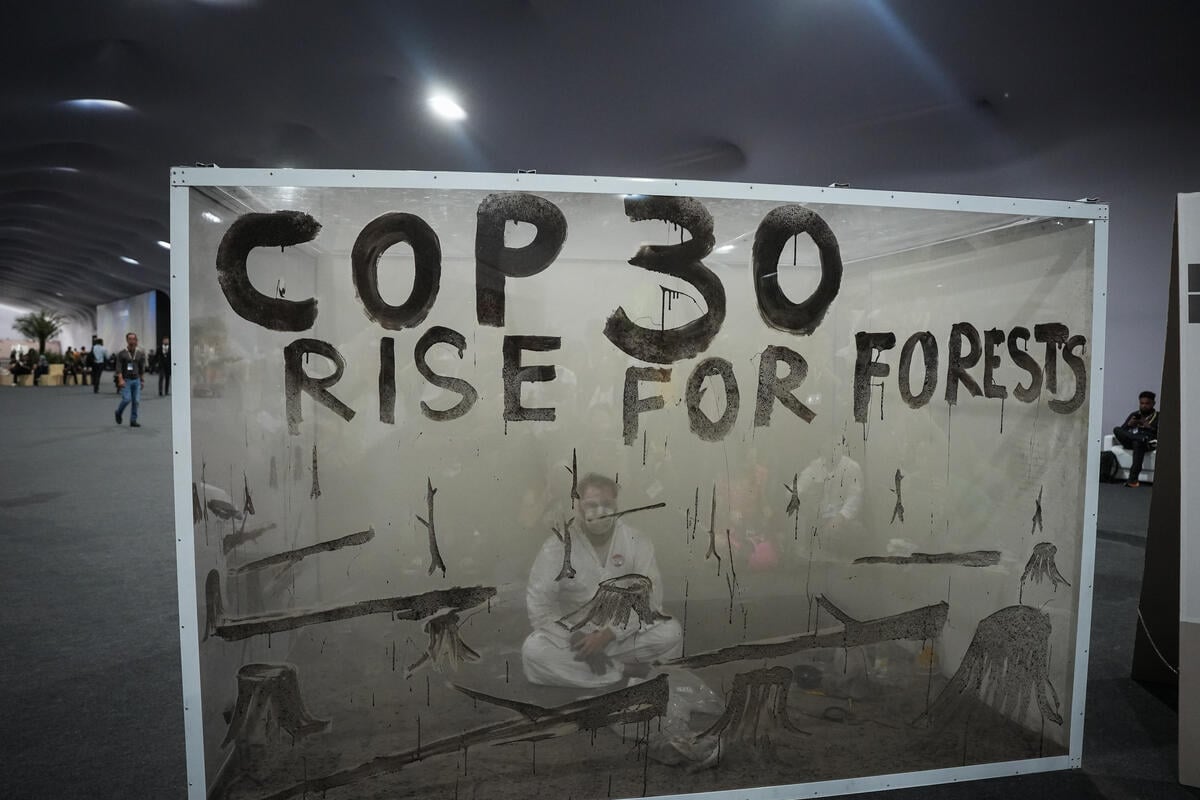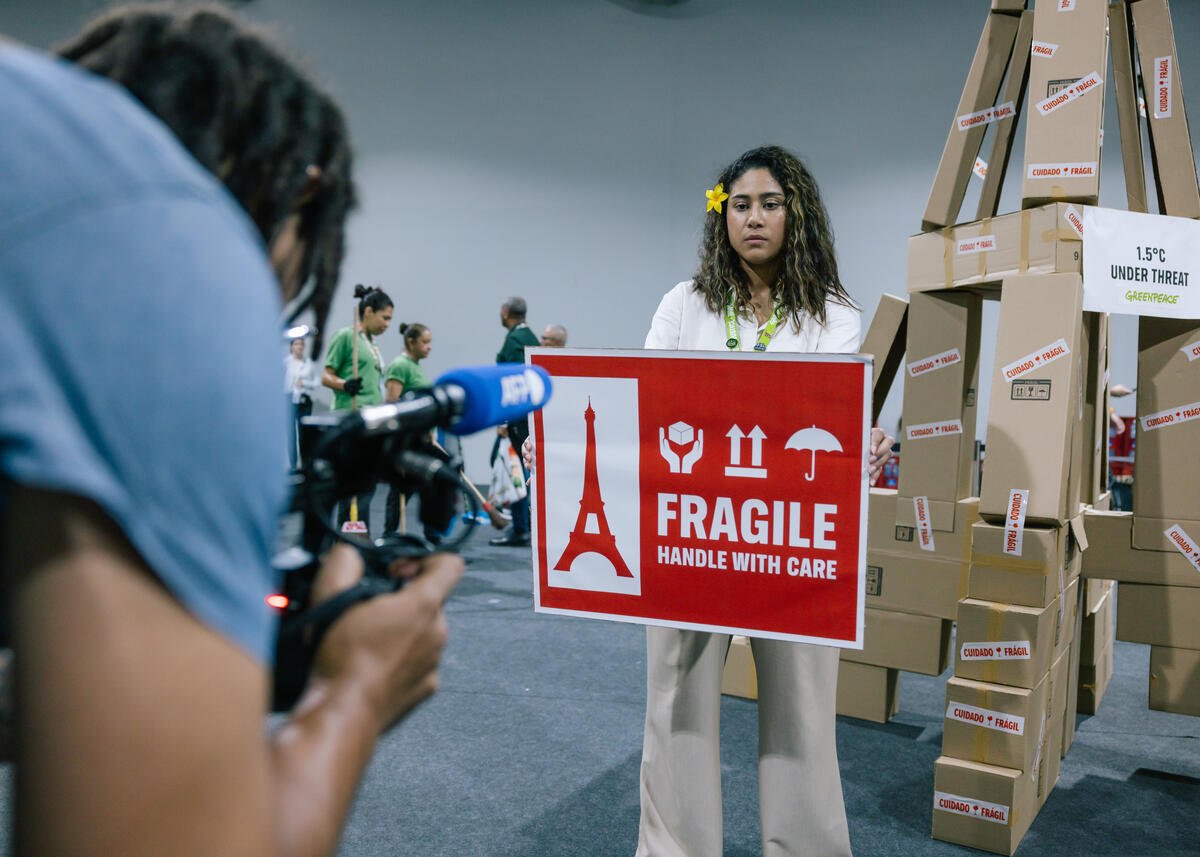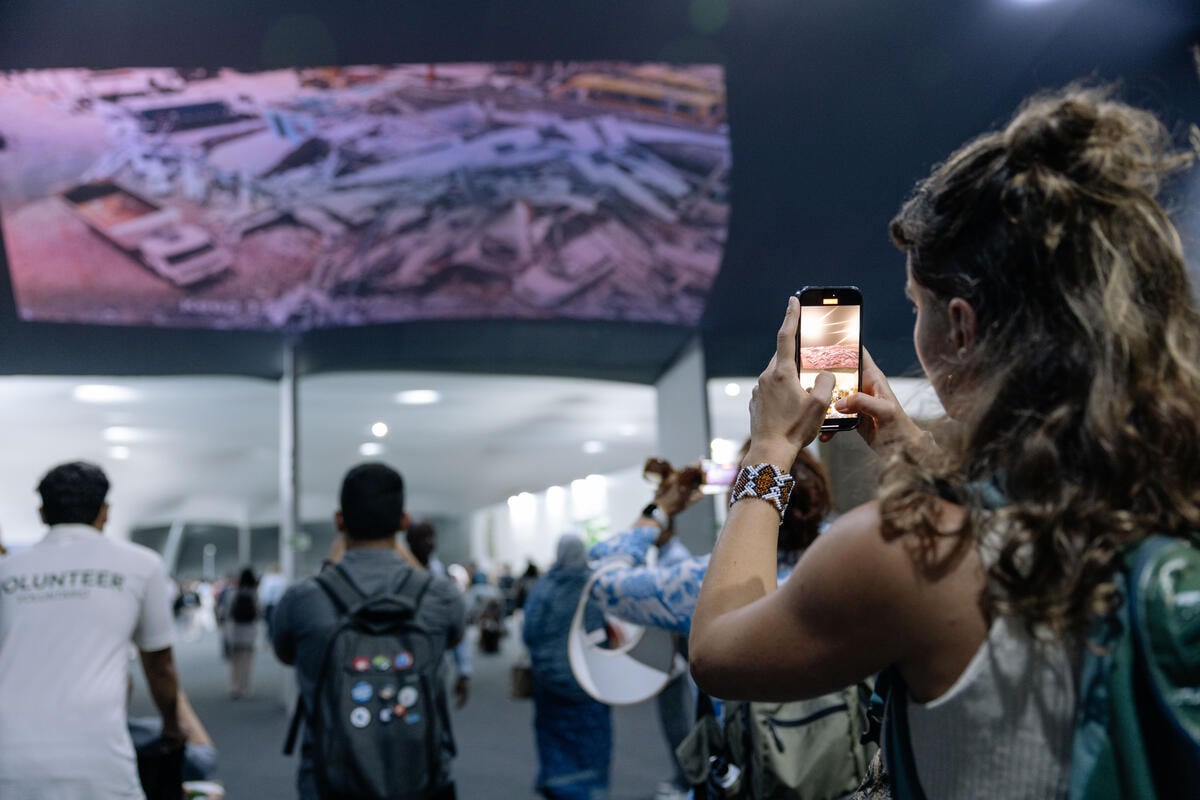A Greenpeace investigation has exposed how the world’s biggest brands are still linked to rainforest destruction in Indonesia.
Palm oil suppliers to the world’s largest brands, including Unilever, Nestlé, Colgate-Palmolive and Mondelez, have destroyed an area of rainforest almost twice the size of Singapore in less than three years, according to the report.
Greenpeace International assessed deforestation by 25 major palm oil producers and found that:
- 25 palm oil groups had cleared over 130,000ha of rainforest since the end of 2015
- 40% of deforestation (51,600ha) was in Papua, Indonesia – one of the most biodiverse regions on earth and until recently untouched by the palm oil industry
- 12 brands were sourcing from at least 20 of the palm oil groups: Colgate-Palmolive, General Mills, Hershey, Kellogg’s, Kraft Heinz, L’Oreal, Mars, Mondelez, Nestlé, PepsiCo, Reckitt Benckiser and Unilever
- Wilmar, the world’s largest palm oil trader, was buying from 18 of the palm oil groups
The investigation exposes the total failure of Wilmar International, the world’s largest palm oil trader, to break its links to rainforest destruction. In 2013, Greenpeace International revealed that Wilmar and its suppliers were responsible for deforestation, illegal clearance, fires on peatland and extensive clearance of tiger habitat. Later that year, Wilmar announced a groundbreaking ‘no deforestation, no peat, no exploitation’ policy. Yet Greenpeace’s analysis found that Wilmar still gets its palm oil from groups that are destroying rainforests and stealing land from local communities.
In addition to deforestation, the 25 individual cases in the report include evidence of exploitation and social conflicts, illegal deforestation, development without permits, plantation development in areas zoned for protection and forest fires linked to land clearance. It is also the most comprehensive assessment of deforestation in Papua, Indonesia.
Palm oil impacts on environment, people and climate
- Half of the Bornean orangutan population has been wiped out in just 16 years, with habitat destruction by the palm oil industry a leading driver. More than three-quarters of Tesso Nilo national park, home to tigers, orangutans and elephants, has been converted into illegal palm oil plantations. Globally, 193 Critically Endangered, Threatened and Vulnerable species are threatened by palm oil production.
- The plantation sector – palm oil and pulp – is the single largest driver of deforestation in Indonesia. Around 24 million hectares of rainforest was destroyed in Indonesia between 1990 and 2015, according to official figures released by the Indonesian government [1].
- Deforestation and peatland destruction are major sources of greenhouse gas emissions which contribute to climate change. This has pushed Indonesia into the top tier of global emitters, alongside the United States of America and China.
- Plantation development is a root cause of Indonesia’s forest and peatland fires. In July 2015, devastating blazes spread in Sumatra, Kalimantan and Papua. These fires produced a haze that affected millions of people across Southeast Asia. Researchers at Harvard and Columbia Universities estimate that the smoke from 2015 Indonesian fires may have caused 100,000 premature deaths. The World Bank calculated the cost of the disaster at US$16bn.
- Wilmar International and other palm oil companies are regularly accused of exploiting workers, children and local communities.



